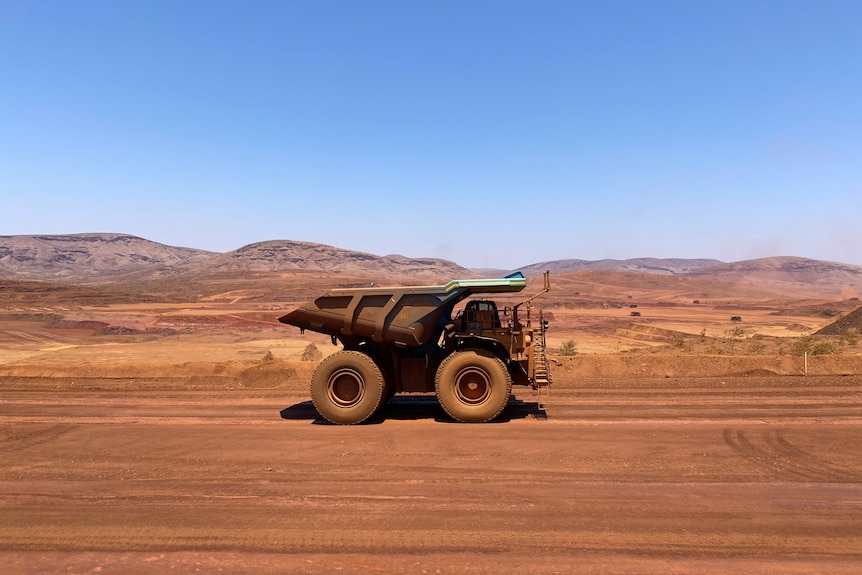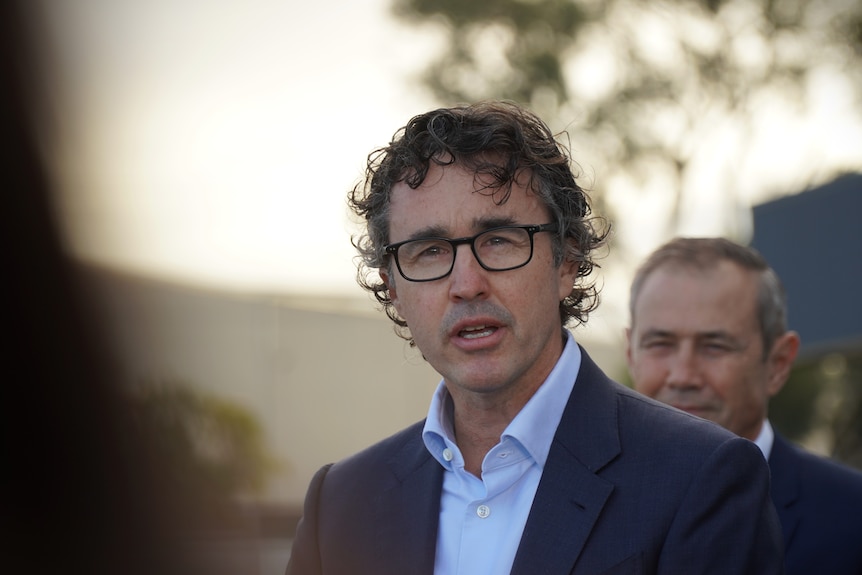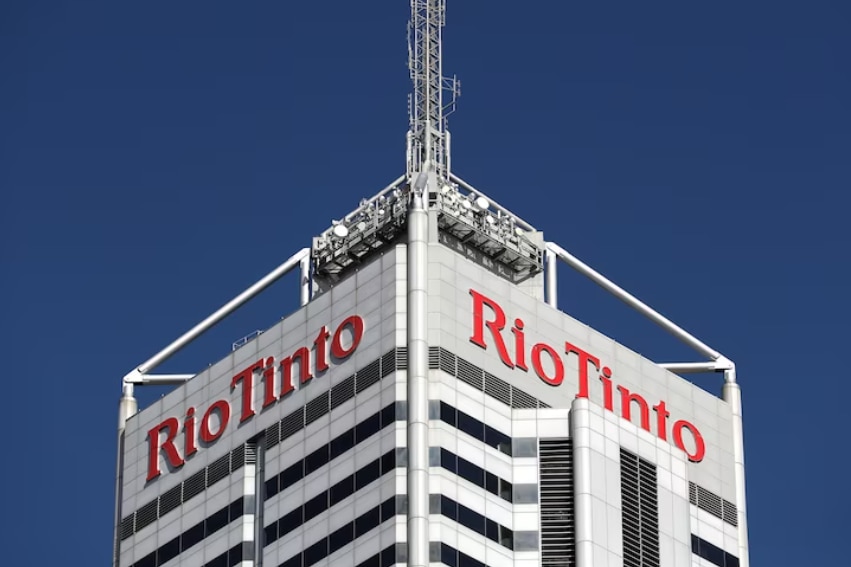Finance & Business
Author: anonymDate: 2024-11-21 10:51:47
Rio Tinto offers regrets to personnel mistreated at work, but asserts enhancements are underway within the company ethos.
A progress report has been released into Rio Tinto's workplace culture.
CAUTION: This document contains specifics of alleged sexual assault. Rio Tinto has expressed remorse to its employees who are victims of intimidation and sexual harassment, while claiming improvements in fostering a secure and respectful environment. This follows an internal evaluation uncovering eight employees reporting actual or attempted sexual assault or rape in 2024, compared to five in 2021. "It's concerning that individuals are still subject to severely disrespectful actions," the company's Australian executive director Kellie Parker stated. "I empathize with anyone enduring such experiences and I apologize for it."

The organization has undertaken a transformation to ameliorate its workplace atmosphere since an external assessment — commissioned following a WA parliamentary investigation into the mining sector — revealed that sexism and bullying were pervasive across sites. Rio Tinto is Australia's foremost tax contributor and operates mines across nearly every continent.
'Cultural transformation'
The Everyday Respect progress evaluation indicated approximately half of its workforce believe circumstances are improving concerning bullying, sexual harassment and racism. And emphasized that substantial advancements will necessitate considerable time.

“As Rio Tinto is just two years into its cultural reformation, this survey data represents a delayed indicator, suggesting the complete benefits of the changes implemented over the past two years are yet to be fully realized by the Rio Tinto workforce,” the assessment declared. However, results from over 11,000 contributors revealed troubling trends, including a significant surge in targeted harassment against women. In 2021, 36 percent of women reported experiencing bullying, increasing to 50 percent in 2024.
Backlash with diversity
The evaluation pinpointed opposition to Rio Tinto's internal diversity and inclusion programs as a contributing element to the elevated levels of bullying among female staff. Certain women reported being viewed as 'diversity hires,' leading to victimization. "Women leaders are departing. Numerous women's appointments are symbolic. We strive for diversity, but lack inclusivity," one staff member noted in the report. "The men socialize, and I'm excluded. The men communicate separately in group chats during team meetings."
Supervisors require training to address such matters." Another employee stated that sexual harassment at the site remains a persistent issue. "I hear comments such as 'I love operating the large machinery' referring to equipment," they stated. "I've heard of female apprentices receiving unsolicited explicit images. I advised them to report it. Unchecked, it emboldens the perpetrators."

Rio Tinto's iron-ore division's head Simon Trott stated the company must better clarify the reasoning behind its diversity initiatives. "We need to articulate the rationale — its significance and our aim to facilitate this transition," Mr. Trott said. "We must ensure universal participation, and change necessitates time. Change sometimes provokes resistance."

Other minority groups also reported feeling marginalized, discouraged from seeking promotions. One Indigenous employee cited a shortage of mentors hindering career progression.
Rio flags better training for managers
“Many Indigenous people don't pursue leadership positions due to insufficient Indigenous leaders and mentors." Meanwhile, an LGBTQ+ employee stated their work experience varied based on individual supervisors. "A company-wide approach is essential, beginning at the highest level and extending downwards. We shouldn't depend on individual employees."